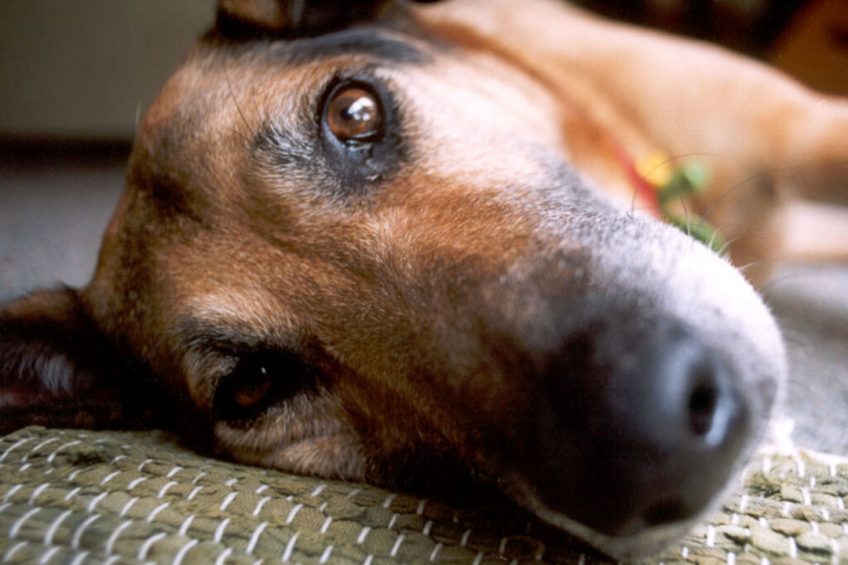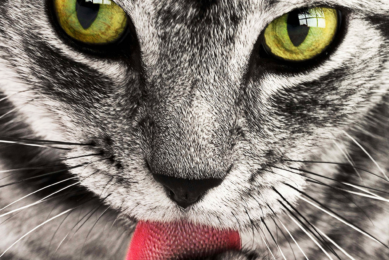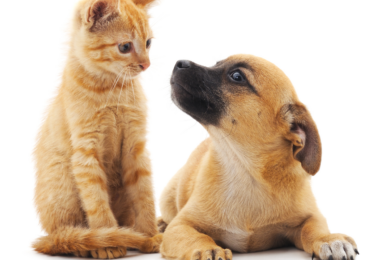Russia runs out of specialised and medicated pet food

Russian pet food retailers see their product range narrowing as a large portion of European pet food is still prohibited from entering the country, the Russian newspaper Vedomosti reported.
Anatoly Vereshchagin, a spokesperson for the Chetyre Lapy pet food retailer, told to the newspaper the product range has shrunken by 30% to 40% during the past several months. Georgy Chkareuli, general director of another retailer Beethoven, also claimed that the company ran out of stocks of some products, primarily functional or medical food for animals, which is impossible to source in Russia.
Pressure on for pet food retailers
Tatyana Kolchanova, general director of the Russian zoobusiness association, admitted that the picture is similar in almost all pet food stores, as most retailers experience a lack of specialized and dietary feed.
The problem is so tense that pet food retailers may be pushed to close some stores if the restrictions are not lifted soon, Vereshchagin warned.
The most painful interruption is the interruption in medicated pet food because there is no alternative available on the market.
The who & why of the veterinary restrictions
The shortage occurred following the introduction of veterinary restrictions by the Russian veterinary watchdog Rosselhoznadzor against pet food imports from Canada, the USA, Netherlands, Germany, Spain, Great Britain, Belgium, Bulgaria, Denmark, Poland, Czech Republic, Estonia, Lithuania, and Latvia.
Rosselhoznadzor justifies the restrictions with the lack of control over the compliance with veterinary safety requirements in these countries, adding that laboratory tests conducted in Russia repeatedly revealed unregistered components in delivered products, including GMOs.
Fears for pet health
Since the introduction of the massive import restrictions, Russian veterinary analysts warned that the lack of some pet food poses a danger to cats and dogs with special needs. Currently, this danger has reportedly become more real than ever.
“First of all, those pets who have acute or chronic diseases of internal organs will suffer. These are diseases of the liver, kidneys, and pancreas. Today, pets in chronic conditions are put on a therapeutic diet. This means the disease is stopped not with the help of drugs but with the help of diets,” said Anastasia Pimenova, a Russian veterinary consultant.
As numerous brands of medicated food are banned, pet owners face a tough challenge since there are no chances to replace it with a homemade diet, and this pet food is not produced in Russia.
“The most painful interruption is the interruption in medicated pet food because there is no alternative available on the market. If there is no alternative to the medicinal food at all, then it threatens to worsen the course of the disease so that the disease that was in remission will come out and the owners will have to spend time, effort, money,” said Pimenova.











